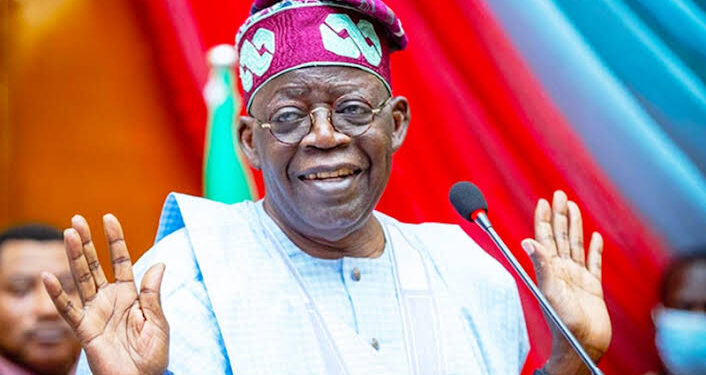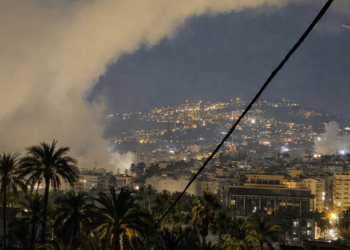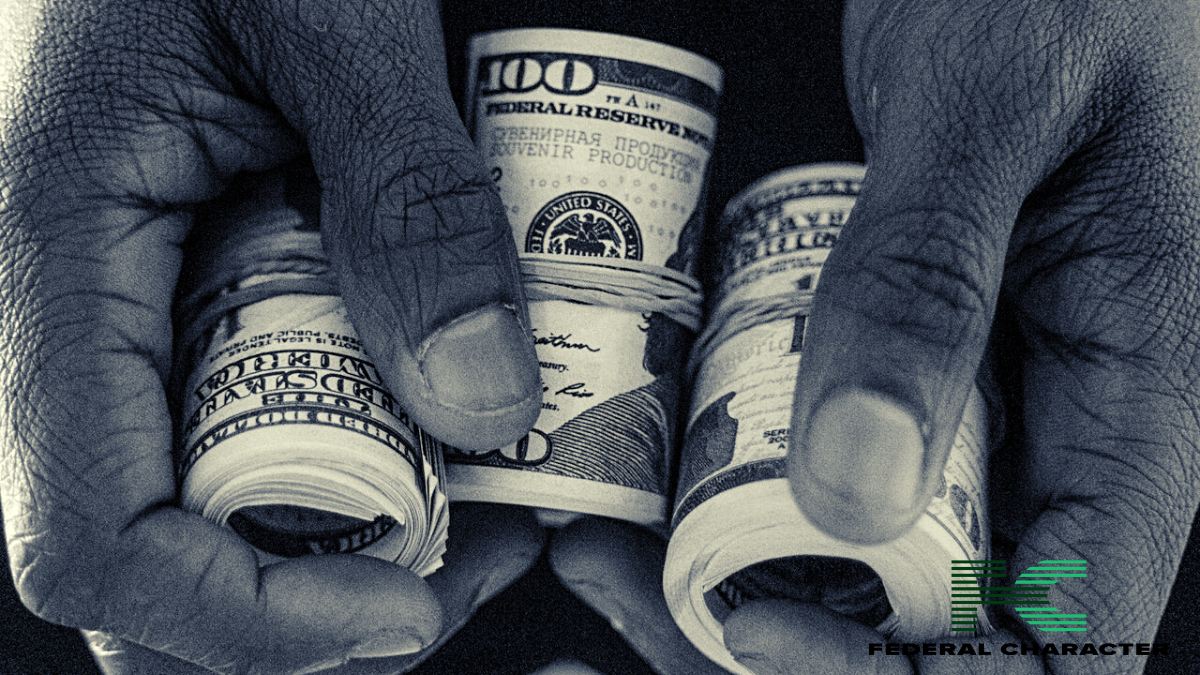We heard there is a fire in Aso Rock! Well, everyone is talking about the ruckus caused by the New York Times article on the Nigerian economy, so here is our take on it. Let us admit it: we let the rats in, now it is time to feast.
The Presidency did not take kindly to the New York Times’ grim portrayal of Nigeria’s economic crisis. Bayo Onanuga, the Special Adviser to the President on Information and Strategy, fired back at the article by Ruth Maclean and Ismail Auwal. According to him, the piece titled “Nigeria Confronts Its Worst Economic Crisis in a Generation,” published on June 11, is just another example of the foreign media’s penchant for painting Africa in a poor light. Well, what do you expect? If you leave holes in your house, rats will surely come in. We left too many openings, and of course, the New York Times crawled right in.
Onanuga claimed the report misrepresented President Bola Tinubu’s economic policies, which only started at the end of May 2023. Let us not kid ourselves: Buhari’s administration left Nigeria’s economy in shambles, and many Nigerians were right to doubt Tinubu’s ability to fix it. They wanted Peter Obi instead, thinking Tinubu was too old and frail. But here we are, and things are not exactly looking up.
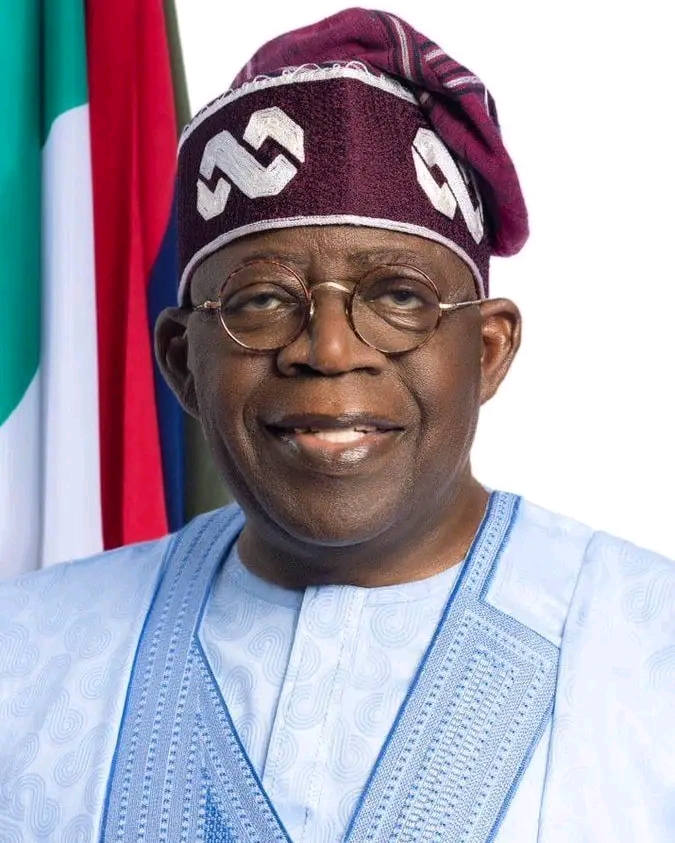
Nigeria, a country rich in resources, continues to suffer from a lack of competent leadership to turn these resources into modern products. Buhari’s eight years in power demonstrated how unenterprising and incapable leadership can ruin a resource-rich nation. All the major economic indicators nosedived during his tenure.
By May 2023, public debt had soared to N77 trillion. Crude oil production halved from 2.2 million barrels per day in 2015 to just 1.1 million barrels per day in 2023. And despite the crude oil price going up from N65 to N75 per barrel, Nigeria missed out on the windfall from the Russia-Ukraine war. Foreign investor participation at the Nigerian Stock Exchange plummeted from 54% in 2015 to a mere 17% in 2022, thanks to FX scarcity and capital controls.
When Buhari took office in 2015, he made a big fuss about the national treasury being empty. Ironically, by the time he left in 2023, he had not only emptied it further but also burdened Nigeria with an unimaginable N77 trillion debt, jeopardizing the financial future of generations to come. Can anyone justify his claim of leaving Nigeria better than he found it?

Monetary policy was recklessly expanded, growing the money supply from N15.35 trillion in 2012 to N52 trillion in 2022, without the economy growing in tandem. Buhari’s policies were a mess, with conflicting monetary and fiscal policies that neutralized each other, making it impossible to achieve any real progress.
Enter President Tinubu on May 29, 2023, at a critical time in Nigeria’s history. His bold statement, “Subsidy is gone,” signaled a major policy shift. But one year in, and Nigerians are still reeling from inflation, which has soared to 31.7% for the first time in two decades. The government blames the economic reforms of our 72-year-old leader.
Tinubu’s first move was to scrap the fuel subsidy, a lifeline for many Nigerians struggling with rising petrol prices. When asked about the savings from this move, his response was a dismissive “None of your business.” Nigerians can count on one thing: more suffering.
Despite being Africa’s largest crude oil producer, Nigeria imports all its refined fuel because its refineries have collapsed. Even Aliko Dangote’s new refinery cannot meet the needs of over 200 million people. What a country, indeed.
Tinubu also floated the foreign exchange market and recently hiked electricity tariffs by 300% for those fortunate enough to get more than 20 hours of electricity a day. Nigeria, with its over 200 million people, has only about 12 million connected to the grid. The rest endure endless blackouts.
Experts say these policies have caused hyperinflation, hitting essential goods like food and medicine hard, while wages have been stagnant since April 2019. And let us not even start on insecurity – unless you are flying, you are never really safe. Kidnappings are rampant, and corps members suffer in the hands of abductors. Nigeria, we hail thee, indeed.

So yes, Tinubu inherited a disastrous economy, but he has not shown much capability in handling the situation either. The New York Times pointed out some glaring issues. Can you really blame them?
The New York Times’ Patronizing Gaze – An Unwelcome Judgment
However, it is crucial to scrutinize the New York Times’ narrative. Western media has a long history of portraying African nations negatively, often overlooking the complexities and nuances of our socio-political landscape. While the economic challenges we face are undeniable, the Times’ article lacks balance and fails to acknowledge the resilience and potential of the Nigerian people.
Historically, the world has had a skewed perception of Nigerians and Africa as a whole, largely based on Western media portrayals. The notion of Africa as the “dark continent” arose from misrepresentations that depicted African people as unintelligible and primitive.
This perspective stems from a colonial legacy that viewed Africans as inferior and chaotic, ignoring the exploitation during that period that crippled African economies. Due to the disaster left behind by colonial masters, African nations, including Nigeria, resorted to borrowing from the IMF and the World Bank to rehabilitate their economies.
However, these loans often left countries in a greater mess than they originally were due to the unfavorable loan conditions that are usually given before countries can obtain loan facilities from either the World Bank or IMF. The recent subsidy removal, which has exacerbated Nigeria’s economic woes, was a condition set by the IMF and the World Bank for obtaining loans. The World Bank had noted during the Buhari regime that before the approval of the facility, the incoming government should commit to fuel subsidy removal to facilitate the board approval of the loan facility.
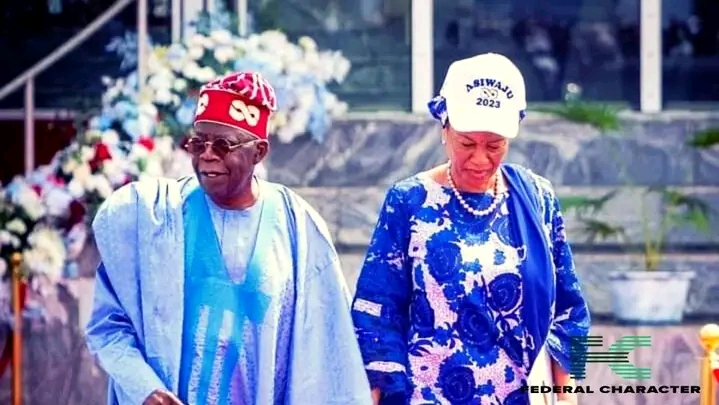
Despite these challenges, Nigerians have shown remarkable resilience. The ability to endure hardships has been both a strength and a detriment. Nigerians engage in multiple trades and skills to survive tough economic situations.
However, the negative portrayal of Nigeria in the global media can have severe implications. Such perspectives can deter foreign investment, tourism, and overall international standing, potentially affecting the treatment of Nigerians abroad and leading to further marginalization of an already struggling populace.
Moving Forward: A Call to Action for the Nigerian Government
The status quo is untenable. Nigeria’s economy is a ticking time bomb, and it is time someone told the emperor they have no clothes. Corruption is not just a Nigerian problem; it is a Nigerian way of life. And we are not talking about a few rogue officials; the entire system is rotten to the core. However, the system can be changed to favor the masses – just like the Asian Tigers did. There is hope for a Nigerian miracle.
First, we must establish a comprehensive whistleblower protection program that empowers citizens to speak truth to power. This program must provide legal protection, financial incentives, and social support to whistleblowers. We must also establish an anti-corruption court that delivers justice swiftly and decisively.
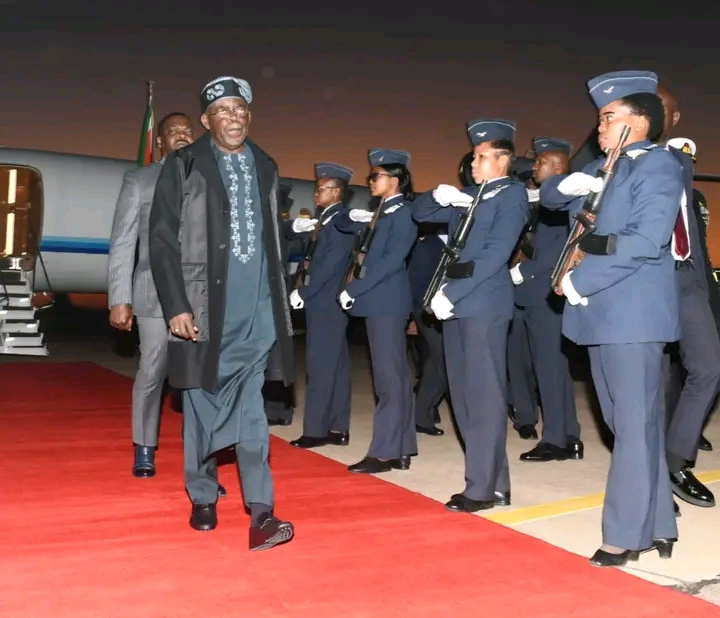
Every day the prices of local commodities increase, resulting in less purchasing power. To combat this crisis, the government must take decisive action. Improving food storage and transportation infrastructure is crucial, reducing waste and increasing efficiency. Supporting farmers with access to credit, training, and modern farming techniques will also boost food production. An effective food system would help boost Nigeria’s GDP.
Nigeria’s economy is still stuck in the Dark Ages, relying on a single commodity (oil) that has proven to be a curse rather than a blessing. Countries like Dubai and Singapore have successfully diversified their economies, transforming themselves into thriving hubs for tourism, finance, and technology. It is time for Nigeria to invest in infrastructure development, tax incentives, and human capital to attract foreign investment and stimulate growth in sectors like agriculture, manufacturing, and services.
But, that is not all. Nigeria’s economic credibility is in tatters, and it is time to rebuild trust with the international community. Countries like Rwanda and Botswana have successfully rebuilt their economies and reputations by implementing sound economic policies.
It is time for Nigeria to engage in transparent and accountable governance, renegotiate unfavorable trade deals, and implement business-friendly reforms to attract investment and boost economic growth.
And let us not forget our youth. They are our greatest asset, and we must empower them by providing vocational training, mentorship, and entrepreneurship support. Creating sustainable jobs and supporting small and medium enterprises (SMEs) is vital for economic growth and development.
The government must prioritize initiatives that promote entrepreneurship, provide access to funding, and offer training and mentorship programs for young entrepreneurs. We must also develop a comprehensive sports and entertainment industry that creates jobs and promotes national unity.
But what about infrastructure? Nigeria’s infrastructure is a disgrace, and it is time to stop making excuses and start building. We must invest in critical infrastructure development, including roads, bridges, airports, and seaports. We must establish a comprehensive infrastructure development plan that prioritizes public-private partnerships and foreign investment. We must also develop a comprehensive urban renewal program that promotes sustainable development and social housing.
Furthermore, we need to address the issue of power generation and distribution. Nigeria’s energy crisis is a major hindrance to economic growth, and it is time to invest in renewable energy sources like solar and wind power. We must also improve access to education and healthcare, and address the lingering issue of insecurity.
And how about social welfare? We must establish a comprehensive social welfare program that provides a safety net for the vulnerable. We must also develop a comprehensive healthcare system that provides access to quality healthcare for all.

